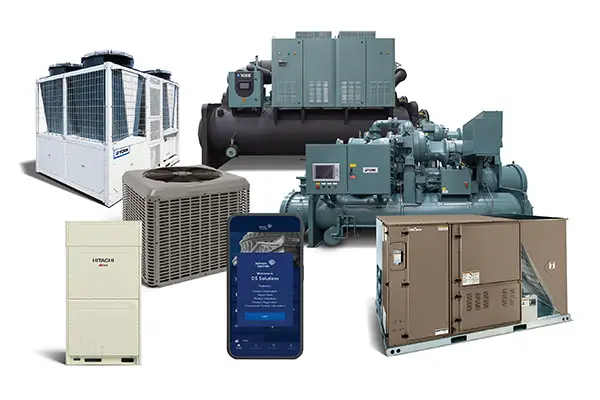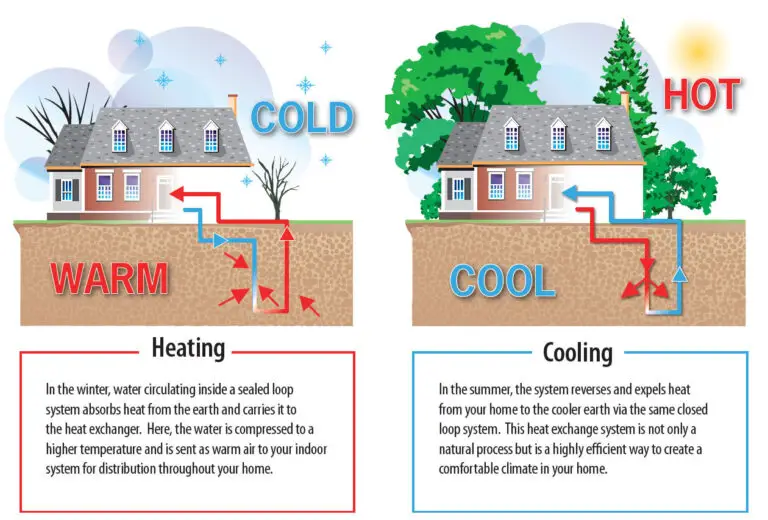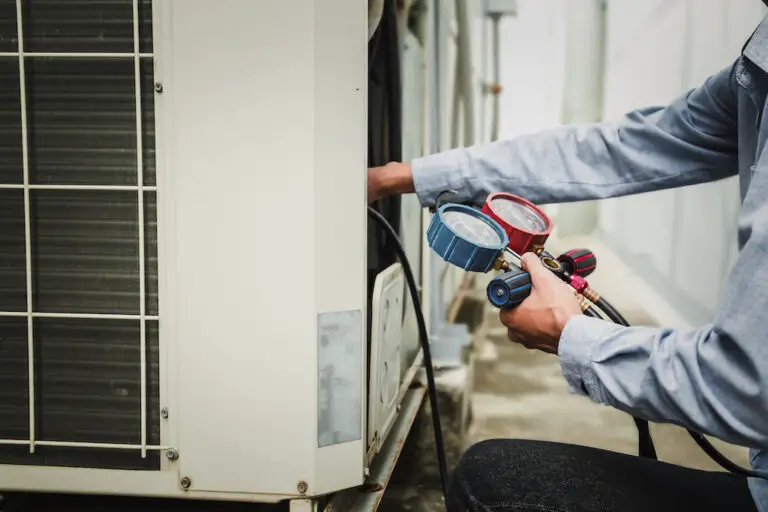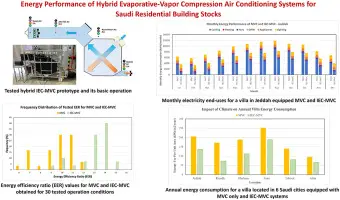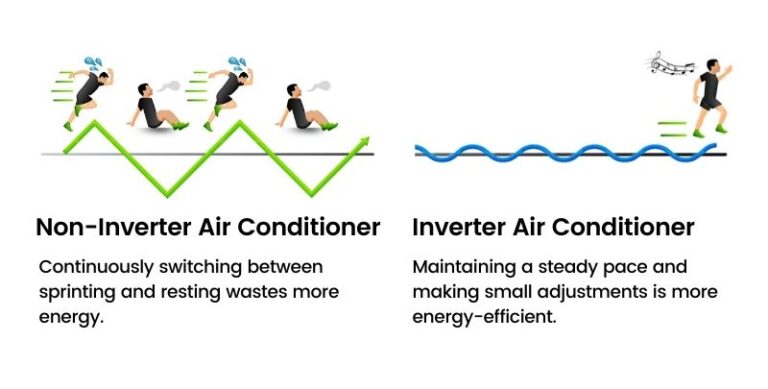Climate Control Innovation: Advances in Hybrid Air Conditioning Technology
In an era where climate change is no longer a distant threat but a pressing reality, industries worldwide are shifting their focus towards sustainable solutions. The HVAC (heating, ventilation, and air conditioning) sector, known for its significant carbon footprint, is no exception. For HVAC professionals and eco-conscious consumers, the latest buzz in climate control innovation is the remarkable advancement in Hybrid Air Conditioning (AC) technology. This transformation is not just a footnote but a new chapter in the quest for a greener, more efficient way to cool our spaces.
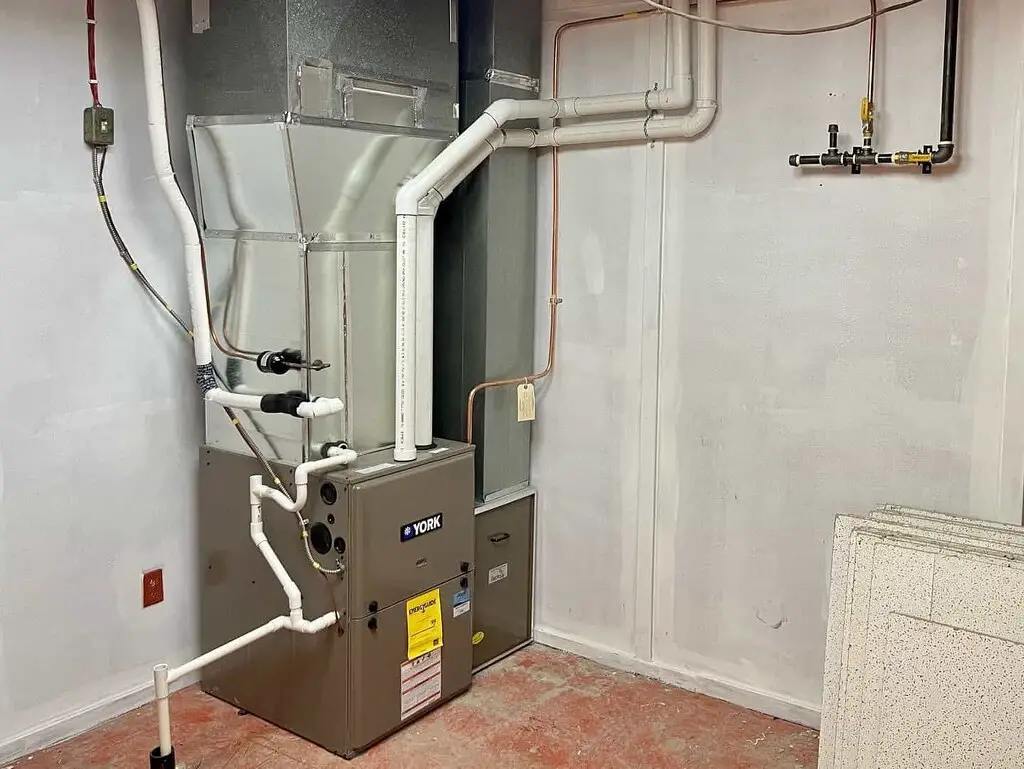
Understanding Hybrid Air Conditioning Technology
What Is a Hybrid AC System?
Hybrid air conditioning is a type of system that combines two different technologies to maximize energy efficiency and comfort. Typically, it pairs a conventional heating, ventilation, and air conditioning (HVAC) system with a heat pump. The heat pump can offer both cooling and heating functions by moving heat from one environment to another using a small amount of energy.
Benefits Over Traditional Systems
The advantages of hybrid air conditioning systems are becoming more apparent. These units can switch between gas power and electric power, depending on which energy source is more cost-effective or efficient at any given moment. They can operate alone or in tandem, combining the benefits of both to provide the most comfortable and environmentally friendly solution.
Technological Advances Driving Innovation
Integration of Renewable Energy Sources
Modern hybrid AC systems are designed to harness the power of renewable sources, such as solar panels and wind turbines. This integration reduces dependency on the grid, slashes electricity bills, and lowers the carbon footprint. The ability to store energy in batteries during off-peak hours means consumers have access to cooling or heating without a significant impact on the environment.
Smart Controls and Automation Features
The latest hybrid AC units are equipped with smart controls that optimize performance based on real-time weather conditions and the user’s habits. These systems can learn from patterns, adjust temperatures, and even predict maintenance needs, all with the click of a button on your smartphone. The level of control and energy savings possible with this technology is unprecedented.
Impact on HVAC Professionals
Training and Skill Requirements
The introduction of hybrid AC units is not just a shift in technology but also in the skills required from HVAC professionals. Technicians must update their expertise to handle the complex systems and varied technologies involved. This includes training in electrical systems, renewable energy integration, and the nuances of hybrid systems.
Market Demand and Job Opportunities
The transition to eco-friendly hybrid AC units has also created a surge in job opportunities for professionals skilled in these systems. Manufacturers and service providers are actively seeking those with a strong foundation in traditional HVAC who are also willing to adapt to the latest tech. The market demand for these professionals is only expected to grow.
Benefits for Eco-conscious Consumers
Energy Efficiency and Cost Savings
Hybrid air conditioning offers outstanding energy efficiency, translating into reduced operational costs for consumers. The ability to use the most energy-efficient mode — be it electric or gas — means less waste, lower bills, and a better overall return on investment.
Reduced Carbon Footprint
The environmental impact of AC units can be significant, especially in regions with high demand and reliance on fossil fuels. Hybrid systems drastically reduce the carbon footprint by utilizing cleaner forms of energy. This benefit alone has the power to make a profound difference in carbon emissions worldwide.
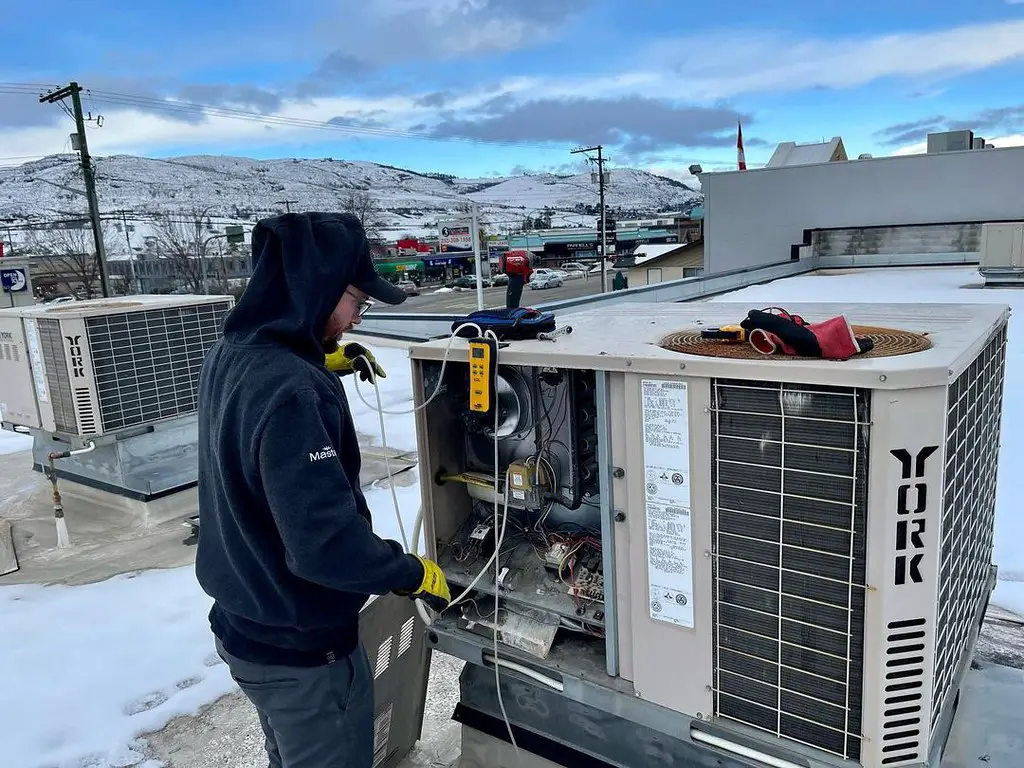
Case Studies or Examples
Successful Implementations in Real-world Scenarios
Many businesses and individuals have already reported impressive results from switching to hybrid AC technology. From luxury hotels to neighborhood homes, the proof of concept is firmly established. These real-world case studies serve as an inspiration and a blueprint for others looking to make the switch.
Challenges and Future Trends
Adoption Barriers and Industry Challenges
Despite the promising nature of hybrid technology, there are still barriers to widespread adoption. The initial cost of purchase and installation, as well as the knowledge gap in the industry, can be deterrents. Manufacturers and professionals alike need to work to make these systems more accessible and understandable for the average consumer.
Potential Future Developments in Hybrid AC Technology
The trend toward hybrid technology is likely to continue, with advancements in efficiency and integration with other home systems. We can also anticipate further innovations in the materials used for construction, which will improve the longevity and performance of these systems.
Conclusion
The progress in hybrid AC technology stands as a beacon of hope in the battle against climate change. For HVAC professionals, there is a vast and growing field of opportunities. For consumers, there is the allure of substantial savings, both in terms of finances and environmental impact. As we continue to refine these systems and strive for broader accessibility, the potential for change — both in our homes and in the world at large — is immense. The hybrid AC is no longer just an option; it’s a significant player in the landscape of sustainable living.

